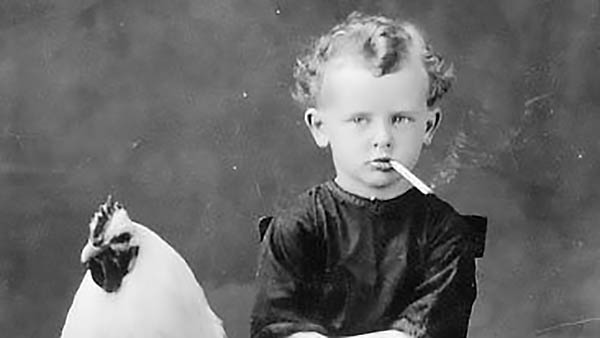Cultural affiliation as a challenge for health promotion
Different cultures have different perceptions of what health and disease mean. Explanations for the development of diseases depend on the health belief system of each culture and community, which is based on the prevailing worldview. For a person with a Western medical background, it can be challenging to understand the importance of citizens' non-scientific disease and health models.
For example, the use of tobacco and hookah is quite common among men who have moved from the Middle East. Stopping the use of these products is made challenging not only by making the decision to stop themselves, but also by the fact that immigrants do not necessarily follow Finnish media and news or use the internet. Finnish health promotion campaigns and materials aren't applicable to all cultural groups and may not have been translated into their own language. Communication targeted at client groups in their own language supports the availability and effectiveness of services.
Cultural sensitivity as a basis for a good care relationship
For immigrants, Western health systems can feel strange. Personal history can also cause mistrust towards the authorities. Immigrants may therefore need more comprehensive and planned support and guidance. Nursing must be based on the consideration and acceptance of diversity and diversity. Above all, it's important to identify the health beliefs and treatment practices of those from different cultures. Part of a nurse's professional competence is the ability to reflect on cultural awareness, different working methods, and challenges related to cultural encounters. It's important for a good care relationship that a public health nurse accepts cultural differences and, above all, treats the client as an individual. Cultural sensitivity is therefore the desire and the ability to understand people from different backgrounds.
Moniheli as part of the development of a outreach work model
As students, we participate in Moniheli's Terkku project, which aims aims to develop a culturally sensitive outreach work model to prevent non-communicable diseases among immigrants from African and Middle Eastern countries. Our partner is the Finnish-Syrian Friendship association.
In the Terkku project, we set out to experiment with a new model of outreach health advice, in which the Finnish-Syrian Friendship association uses the WhatsApp platform to share an Arabic-language health information video that we made about the health risks of smoking with its partners and internal groups. The Finnish-Syrian Friendship association already has active WhatsApp groups, which users perceive as reliable channels for sharing information.
It remains to be seen what kind of feedback the video will receive from the target audience and whether this kind of new model of outreach work will be introduced permanently or whether someone will further develop our idea.
Sources (articles in Finnish):
Lukkarinen, Nora. ”Kulttuurien kohtaamisen tarkastelua terveydenhuollossa: Opintokokonaisuus terveydenhoitajaopiskelijoille”. Oulu University of Applied Sciences. 2013. https://www.theseus.fi/bitstream/handle/10024/61021/Lukkarinen_Nora.pdf
Finnish Institute for Health and Welfare (THL). Working with an interpreter. 13 October 2021. https://thl.fi/fi/web/maahanmuutto-ja-kulttuurinen-moninaisuus/tyon-tueksi/hyvia-kaytantoja/tulkkivalitteinen-tyoskentely


